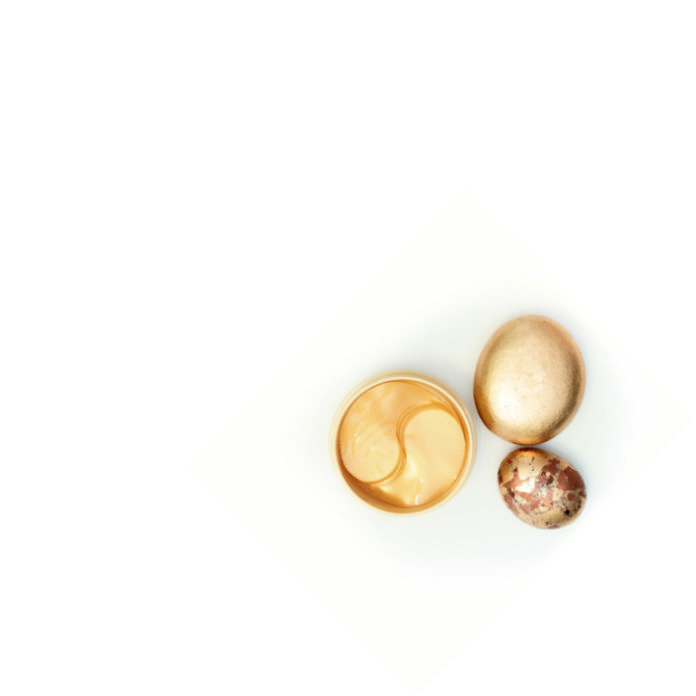It’s the buzz word spouted by health gurus, wellness coaches and probably even your closest bff. Everyone is talking about collagen, its benefits for our bodies and deficiency symptoms to look out for.
Collagen is found in our skin, nails, hair and connective tissues. You’ll find it in your tendons, bones, muscles, ligaments, organs. It is essential in helping our human anatomy function like it should. Sadly, over time the body stops producing large amounts of collagen, but its levels are also affected by exposing the skin for extreme and extended periods of time to pollution and UV rays. Smoking also affects collagen levels and post-menopausal women show a distinct collagen deficiency.
There are some really obvious things that start to change in your body when you’re suffering from a collagen deficiency.
SKIN
- One of the most noticeable changes is in the features of your skin. Your face will start to droop and sag as elasticity fades and wrinkles and dark eye circles become prominent. There may also be thinning around your cheeks, making them look hollow.
- Collagen depletion also causes cellulite. Due to the thinning of the connective tissue, your fat cells begin to push their way through to the top of the skin.
JOINTS
- Collagen provides cartilage and joint tissues with the meat it needs for joint movement. When your collagen levels drop, joint tissues and cartilage thin, resulting in bone rubbing against bone. This causes joint aches and can hamper movement in your tendons and ligaments.
BLOOD FLOW
- Lack of collagen causes your blood vessels to shrink and flatten, limiting the flow of blood through your body. This can causes symptoms like headaches or migraines, extreme fatigue, weakness or dizziness, and chest pain.
TUMMY TROUBLE
- A side effect of collagen deficiency is gastrointestinal infection, pain and disease. Collagen is a major part of the stomach’s lining, without it you could develop leaky gut syndrome and your immune system is threatened.
FIXING YOUR DEFICIENCY
While it will take time to build collagen back up in your system, there are steps you can start with immediately.
- If you’re a smoker, putting the cigarette down!
- Apply sunscreen when you go out in the sun.
- Take a collagen supplement. These come in powders, vitamins, creams, and oils. Adding collagen into your routine allows the body to start producing more.
Natural remedies can also help.
- Ginseng helps with skin health and provides antioxidants.
- Curcumin is another herb that helps with inflammation in the body, providing relief for joints.
- Bone broth is an excellent source of collagen.






